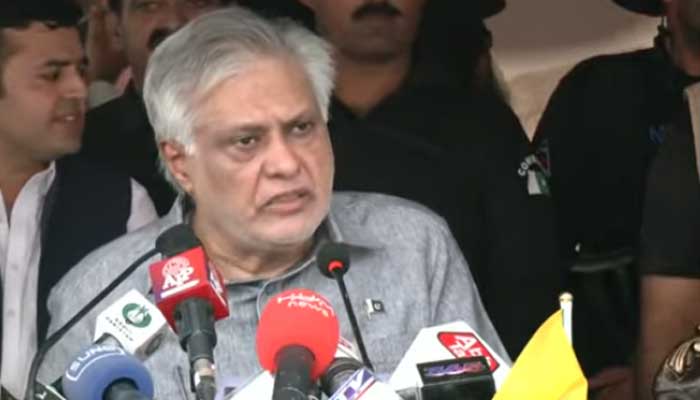Pakistan has issued a firm and formal appeal to India, urging the reversal of its controversial actions taken on August 5, which involved the unilateral revocation of the special constitutional status of Jammu & Kashmir, the orcharding of land into separate union territories, and the suspension of regional autonomy. In diplomatic notes and public statements, Pakistan emphasized that these measures have not only escalated tensions in South Asia but have also undermined prospects for a peaceful resolution of the Kashmir issue.
Background to the Demand
On August 5, India dissolved Article 370 and Article 35A of its constitution, which had granted Jammu & Kashmir unique legal and political rights, including control over citizenship, property ownership, and self-governance. The state was bifurcated into the federally administered union territories of Jammu & Kashmir and Ladakh, effectively ending its semi-autonomous status.
In response, Pakistan severed diplomatic ties, expelled the Indian High Commissioner, and elevated the issue at the United Nations Human Rights Council and Organization of Islamic Cooperation arguing that India’s unilateral decision violated international law, UN resolutions, and the rights of Kashmiris.
Pakistan’s Core Appeal to India
Through diplomatic channels and public forums, Pakistan has asked India to:
- Reinstate Article 370 and 35A to restore constitutional protections and autonomy to the Muslim-majority region.
- Reverse the bifurcation and return to the previous state structure to ensure political continuity and legal clarity.
- Resume dialogue with Pakistan and Kashmiri representatives to pursue a mutually accepted political solution.
- Cancel restrictive policies, including sweeping communications blackouts, detentions, and movement controls in Kashmir.
- Adhere to international obligations by respecting individual rights and following UN resolutions calling for a plebiscite to determine the region’s future.
Pakistan insists that these steps are essential to de-escalate tensions and restore regional stability.
Implications for Diplomacy and Regional Security
Pakistani officials warn that continued implementation of August 5 decisions will deepen the Kashmir conflict by:
- Fueling resentment and distrust among the Kashmiri population.
- Weakening the possibility of meaningful engagement between Pakistan and India.
- Triggering retaliatory measures such as travel bans or trade restrictions further isolating both nations diplomatically.
Instead, Pakistan calls for renewed international mediation and confidence-building measures.
How Pakistan Plans to Press Its Case
In pursuit of broader visibility and action, Pakistan has:
- Raised the issue at international fora, including the UN and Organization of Islamic Cooperation.
- Engaged with allies and regional partners to emphasize the deteriorating human rights situation in Kashmir.
- Highlighted comprehensive documentation of rights violations detentions, communication blackouts, curbs on judicial access, and land laws targeting local demographics.
Pakistan advocates for sanction-based consequences if India fails to meet its obligations.
Demanded Consequences for Non-Compliance
Should India refuse to reverse its August 5 actions, Pakistan has warned of escalating steps:
- Reducing or suspending diplomatic presence in New Delhi.
- Further trade curbs and denial of landing rights for Indian aircraft.
- Advocacy for multilateral sanctions on officials linked to rights abuses in Kashmir.
- Coordinated international pressure campaigns at forums like Geneva and Geneva.
Why This Matter Remains Pressing
More than four months after August 5, the Kashmir situation remains in flux. Islamabad maintains that these developments violate international norms, undermine UN resolutions, and raise the risk of prolonged instability.
Pakistan continues to insist that the only path to lasting peace lies in reversing India’s unilateral moves and initiating formal dialogue with Kashmiri stakeholders under recognized frameworks of dispute resolution.
Conclusion
Pakistan’s position is clear: unless India revokes its August 5 decisions, restores the constitutional special status of Jammu & Kashmir, and commits to a negotiated political settlement, bilateral tensions will persist. The stakes are high, with broader implications for regional security, internal stability, and the international standing of both nations.



Comments (0)
No comments yet. Be the first to comment!
Leave a Comment